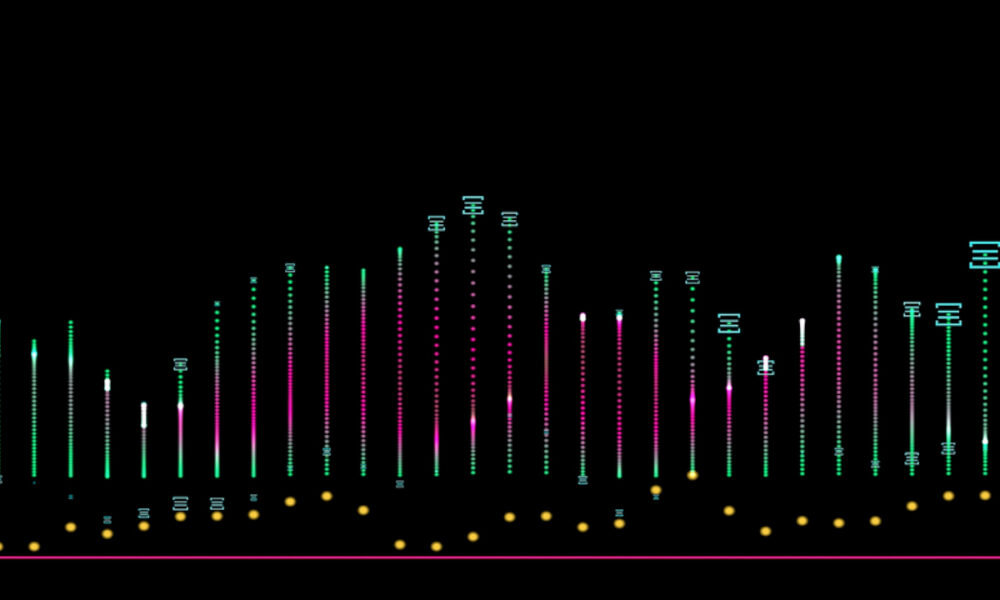An exhibition room at Pop Mart’s theme park, Pop Land, in Beijing, on June 18, 2025.
Pedro Pardo | Afp | Getty Images
Shares of Chinese toymaker Pop Mart fell 9% Thursday, notching the stock’s worst day since April and extending its declines since a late-August peak.
The company behind the popular Labubu dolls, a series of collectible elf-like monster dolls that come in blind-box packaging, reported on Tuesday that third-quarter revenue had more than tripled year over year as sales in the U.S. swelled between 1,265% and 1,270%.
And yet concerns are growing the craze could be fading.
Data from Chinese resale platform Qiandao shows that some Labubus are being sold close to or below official Pop Mart retail prices, a stark shift after a period of sky-high demand and prices. The Labubu character Luck, released in April, for example, saw its resale price soar to over 500 yuan, or about $70, at one point. But that’s since dropped to 108 yuan, or about $15, according to Qiandao.
Since August, Pop Mart stock has fallen 30%, but is still up 159% so far this year.
Analysts are split on how to interpret the downturn.
One line of thinking is that the falling resale prices could signal slowing enthusiasm for Labubu and other collectibles after a summer peak, particularly among younger, nontraditional toy buyers. Another possibility: The decline may reflect Pop Mart’s efforts to increase supply and curb scalping, rather than waning consumer demand.
Pop Mart reported a 10-fold increase in the supply of plush toys this year and said it now manufactures approximately 30 million units each month, the company told Reuters on Tuesday.
Morgan Stanley analysts noted in a September client note that “prices in the second-hand market do not effectively reflect the true supply and demand situation,” especially given Pop Mart’s initiatives to limit resellers’ influence.
The popularity of the Labubu dolls have been boosted by celebrity fans including singer Rihanna and former soccer star David Beckham. However, Labubus aren’t the only Pop Mart product drawing the eye of nontraditional toy buyers.
Morgan Stanley analysts noted that emerging characters like Twinkle Twinkle and opportunities for global expansion continue to play a key role in driving Pop Mart’s growth.
Source: https://www.cnbc.com/2025/10/23/labubu-maker-pop-mart-stock-q3-us-sales-growth.html


